'The monarchy is not a cold, rational, legal structure, but a living, vibrant, human creation with human weaknesses and human strengths'
The Queen's Platinum Jubilee has been and gone, but it's left an indelible memory and reminded Britain that it still has some things to be proud of, says our columnist Agromenes.

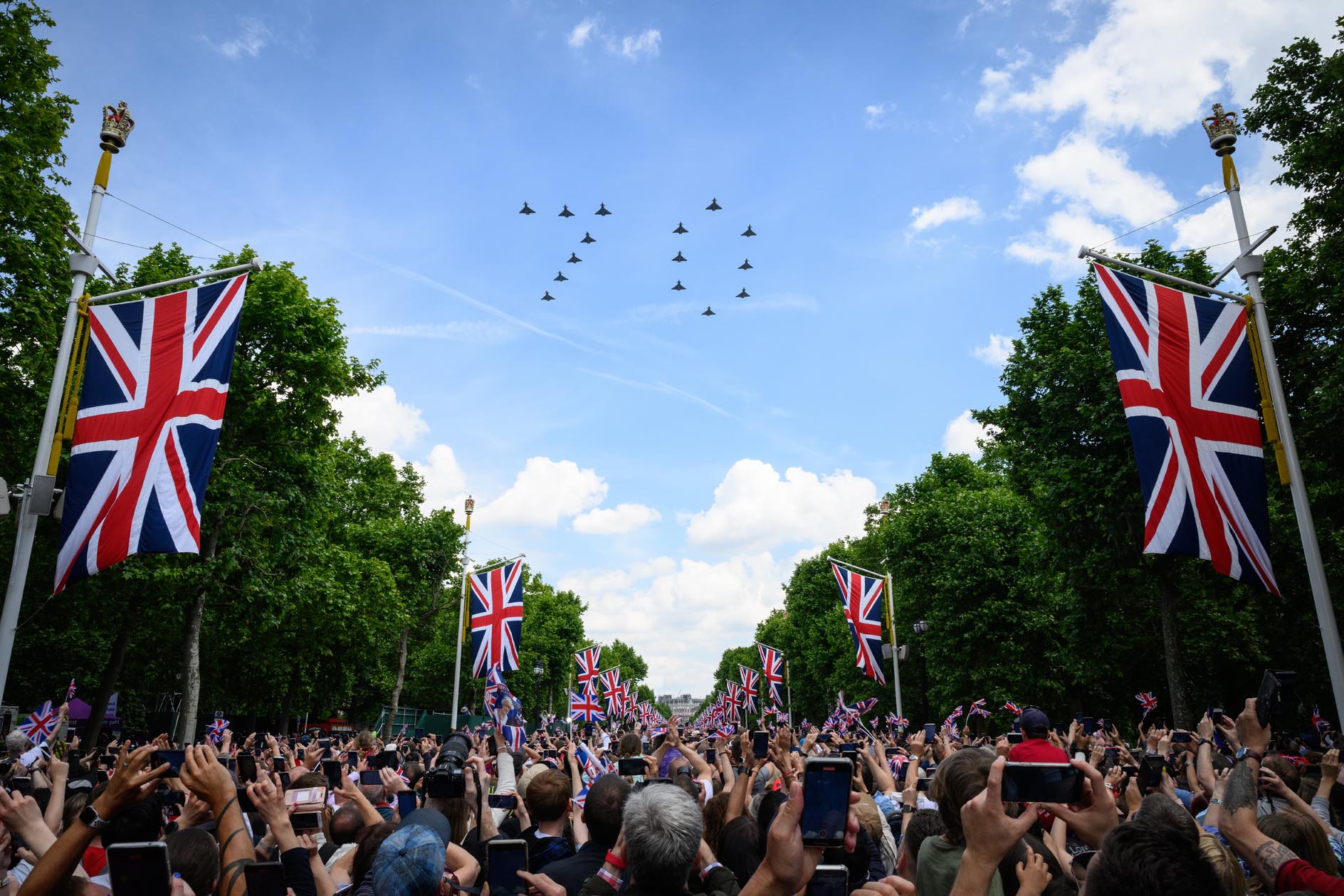
No one else could have done it. No other city, no other country and, above all, no other head of state. The Platinum Jubilee was a slam-dunk success and we should all bask in its warm glow before the memory fades. In an increasingly menacing world, with a louring political scene at home and ruthless invaders within our own continent, we should relish the reassurance of continuity and stability that The Queen and the Royal Family continue to give.
Therefore, as the bunting and flags are put away, we need to determine to carry that spirit on through the summer. Not least, we must make sure we don’t drift back into the semi-lockdown mode that has characterised Britain for so many months. The festivities and the street parties, the crowds and the cheering, have all got us back into the conviviality and sharing that we have missed for so long.
We are at heart social animals, yet Covid has turned so many of us away from our fellows and in on ourselves. Even the most balanced are now unused to socialising and find it much easier not to bother. The lonely have become lonelier and the naturally gregarious rendered solitary. Village life, which was always about cheerful acquaintance, as well as gossip, friendship, conflict and listening yet again to the repetition of old stories and long-held prejudices, has, for nearly three years, been limited to peremptory nods as we rushed to do our business and get back into the Covid-limiting safety of our own homes.
The Platinum Jubilee has given us all a new start. What a release it was to be thrown together to celebrate. As, 10 days ago, we sat at the long tables in the village high street, we learned to socialise again, to chat with neighbours we hardly knew and to welcome newcomers whom lockdown has kept as strangers. The stalwarts who managed to keep things running in the village, the churches and local businesses, were joined by a rush of new blood anxious to get to know other people and to live as a village again. Together, they organised the bands on the back of lorries, the Morris dancers, the children’s games, the photographs next to cut-out models of The Queen and the vast quantities of food and drink we consumed together to celebrate her 70 years on the throne.
Older people remembered other street parties that greeted the end of the Second World War, when orange squash and long-lost delicacies hoarded for years were finally brought out to welcome victory. We remembered the coronation, huddled around the neighbour’s 12in television set, all able to see the ceremonies for the first time in history, and many more looked back on the Silver, Golden, and Diamond Jubilees, but none of them a patch on this joyful celebration, made all the more poignant as a release from the confinement of lockdown.
Now, it is over. Buckingham Palace returns to being a solid symbol of permanence. No longer a backdrop to the magical images that conjured up our wonderful world or a stage for the performers who lifted our hearts and led our singing and our cheers. It now stands as a symbol of the stability and continuity that gives Britain strength and resilience in a terrifyingly disordered world. It represents, too, an institution that is not a cold, rational, legal structure, but a living, vibrant, human creation with human weaknesses and human strengths. At its heart is not a constitutional package, a written recitation of conventional, good-hearted moralising, but the individual faith, dedication and commitment of a monarch. Britain is fortunate indeed.
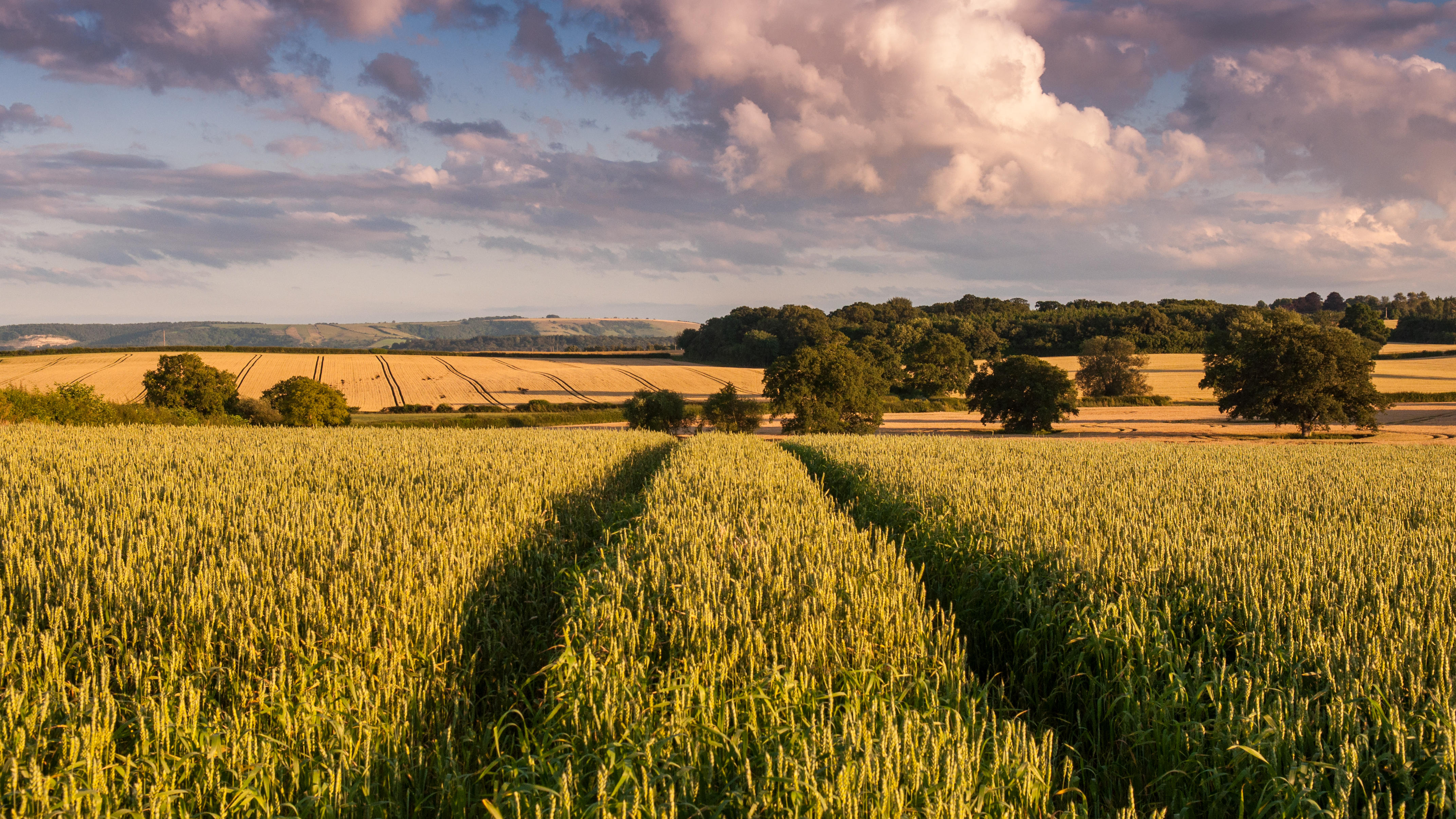
Credit: Alamy Stock Photo
Exquisite houses, the beauty of Nature, and how to get the most from your life, straight to your inbox.
Agromenes: The terrible warnings which must make us take food self-sufficiency seriously again
Country Life's agriculture columnist Agromenes on why we need to learn the lessons of the tragic events of the last
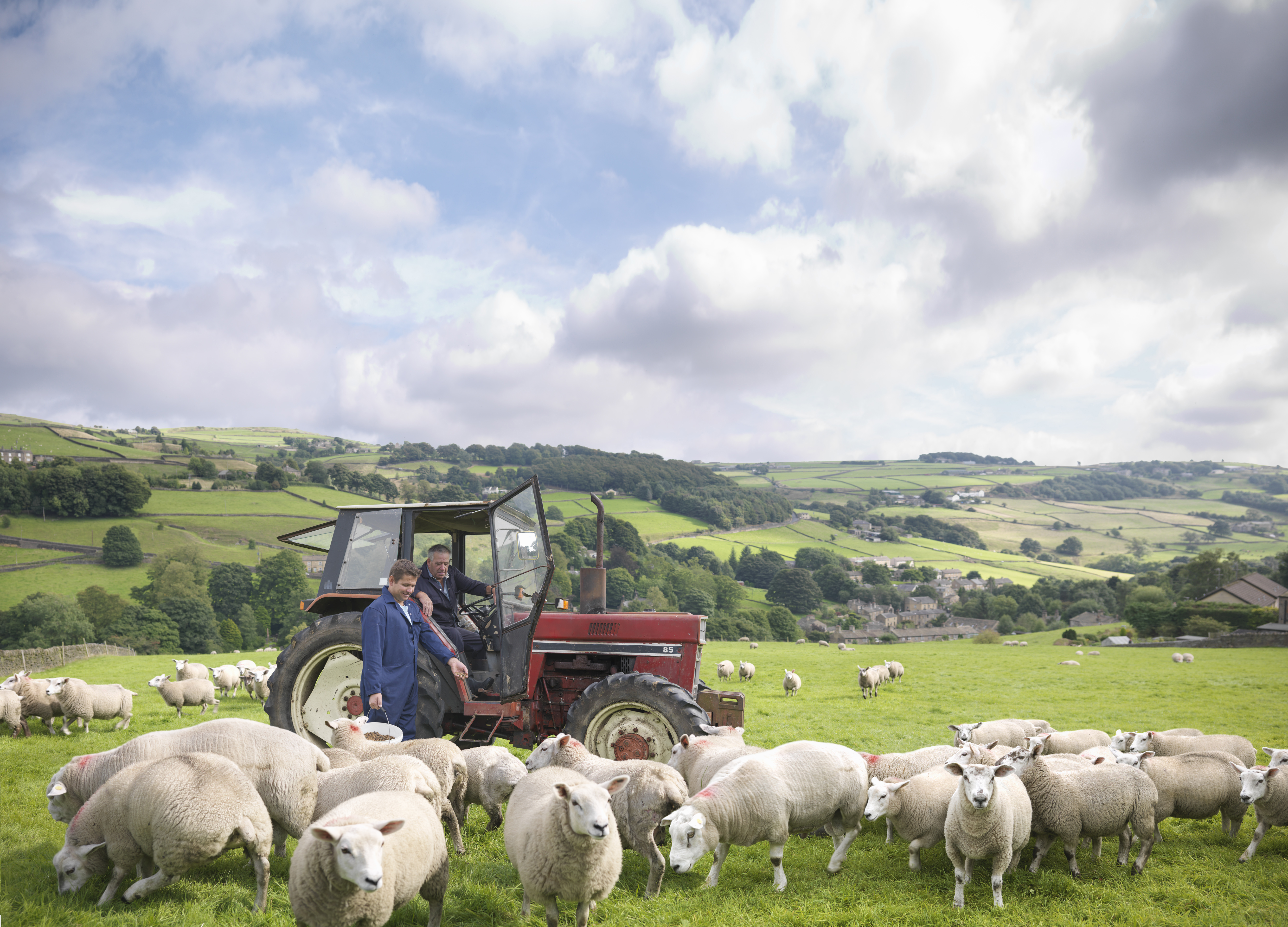
Credit: Getty Images/Cultura RF
Agromenes: 'Why does a Conservative Government think it’s wrong for the market to drive change? '
Country Life's columnist Agromenes ponders why the Government isn't doing more to encourage a market-based drive towards regenerative farming.
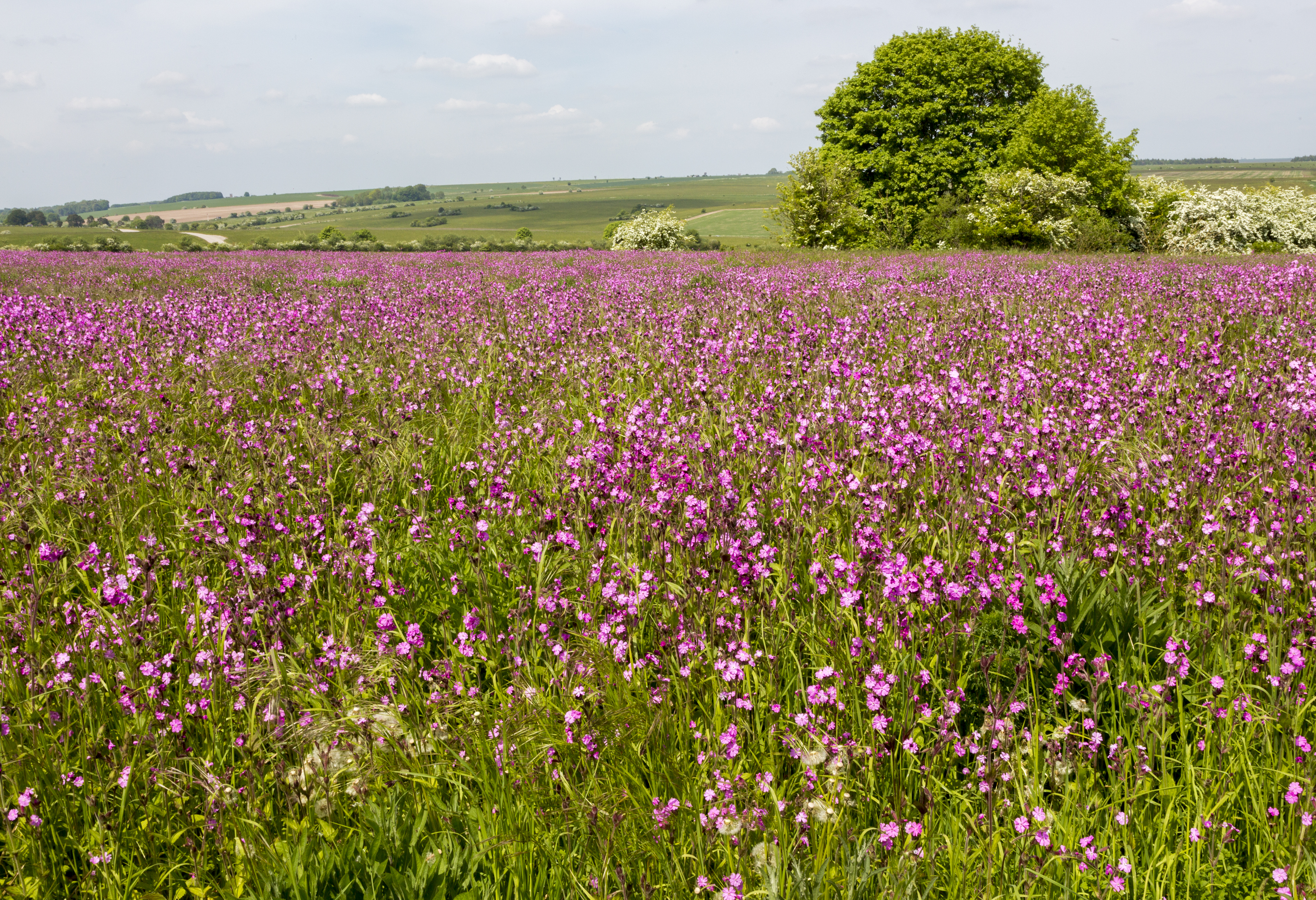
Credit: Ian Murray, Getty Images
Opinion: In the 19th century we couldn’t do without coal, in the 20th we couldn't do without oil. In the 21st, we're learning to prosper without either
Country Life's columnist Agromenes thinks we can have it all — prosperity and a thriving environment — if we do it
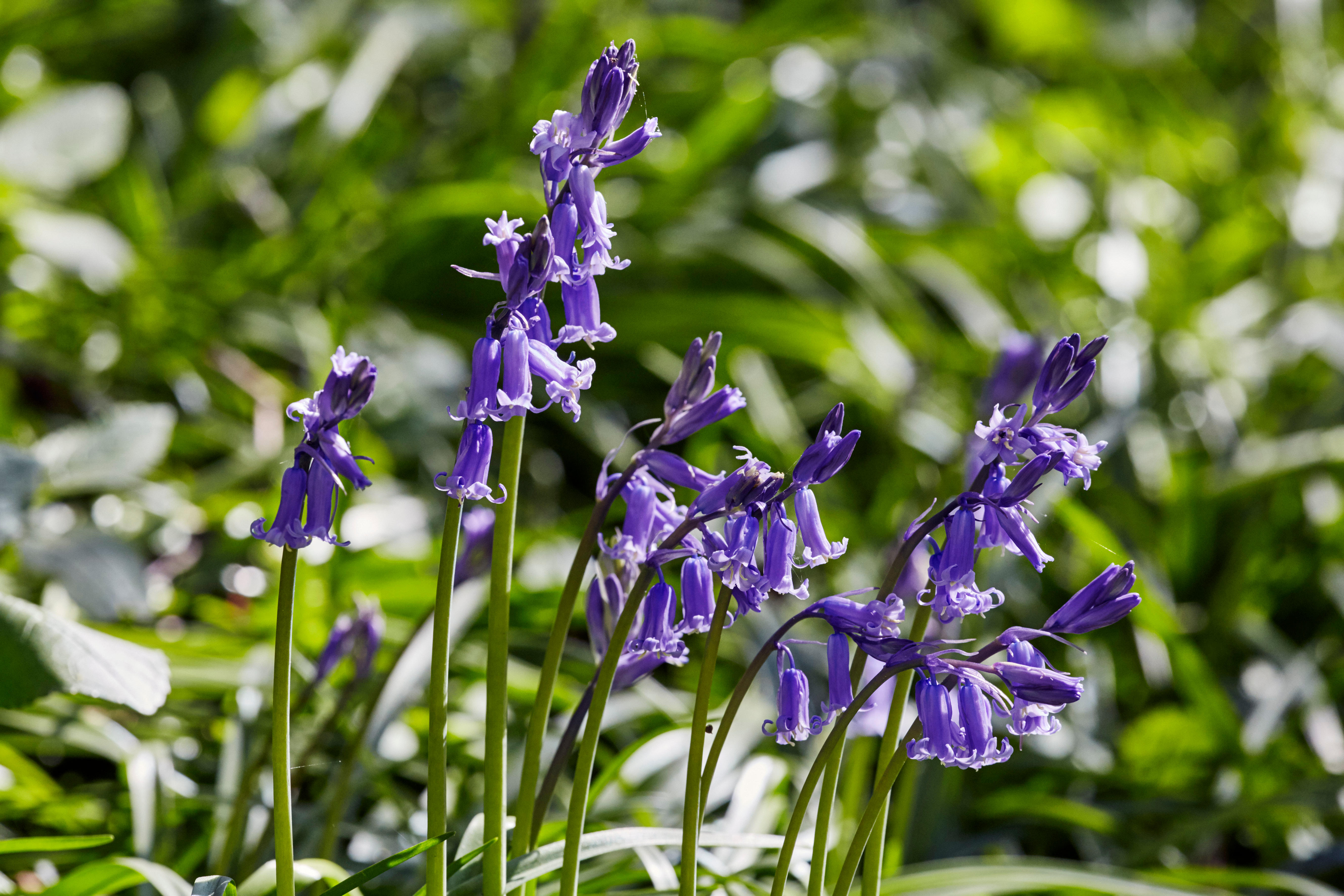
'Throughout history, it’s spring that has given humanity the fortitude to survive'
The beauty of spring in Britain makes the lockdown infinitely more bearable as many make the most of their time
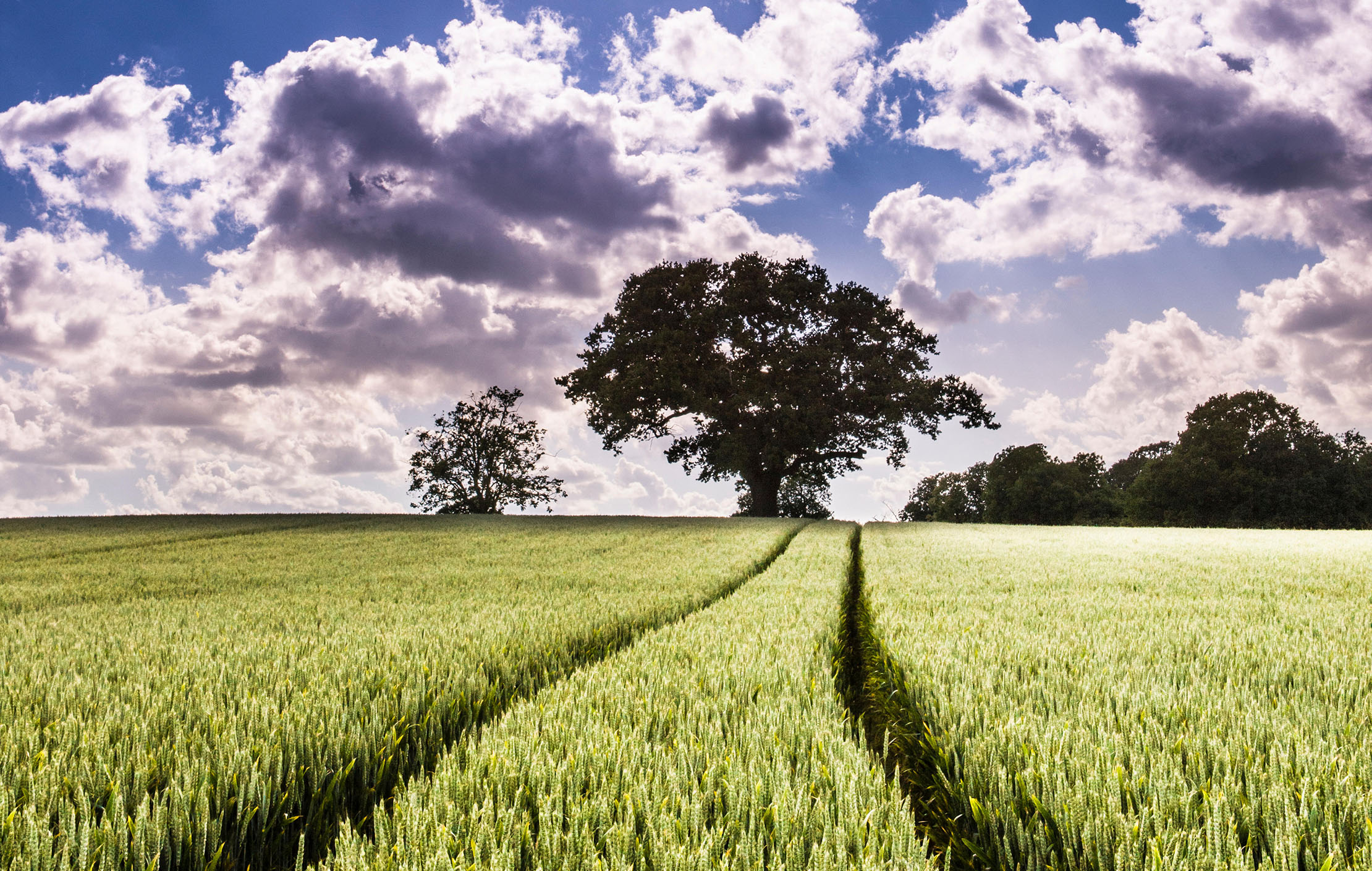
Credit: Alamy Stock Photo
'When we take for granted our ever-available, low-cost food, we might remember how that certainty was achieved'
The turn in the weather prompts Country Life's columnist Agromenes to reflect on how modern farming gave us food security
Country Life is unlike any other magazine: the only glossy weekly on the newsstand and the only magazine that has been guest-edited by His Majesty The King not once, but twice. It is a celebration of modern rural life and all its diverse joys and pleasures — that was first published in Queen Victoria's Diamond Jubilee year. Our eclectic mixture of witty and informative content — from the most up-to-date property news and commentary and a coveted glimpse inside some of the UK's best houses and gardens, to gardening, the arts and interior design, written by experts in their field — still cannot be found in print or online, anywhere else.
